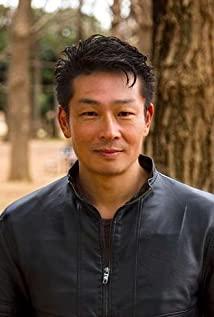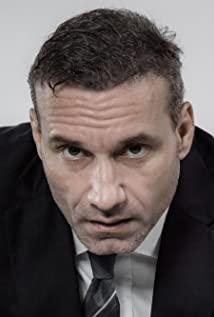However, the male protagonist survived strongly and was lucky enough to meet his wife, but this past has always been an indelible shadow in his heart, but when he learned that the gendarme who tortured him was still alive, he seemed a little calm. Perhaps it was because that hatred was gradually eroded after having a lover, or perhaps because he didn't dare to open the scars to face the enemy again and wanted to escape, he refused to meet the military police. But in the end he decided to go to see the military police because of the death of his friend.
When the male protagonist returned to the place where he was tortured, the scene accompanied by the voice of the military police was a rather thin Buddha statue. This also implies the final forgiveness and letting go of the male protagonist. When the two met, the intersecting past and present also heralded the hero's memories of the past and the anger of seeing Nagase living here. In his heart, Nagase is a criminal and a murderer, so he is angry. But in fact, it can be seen from the fragments of the memories that Nagase did not cause direct harm to the male protagonist, which may be one of the reasons why the male protagonist finally forgave him.
The final reconciliation and forgiveness of the two I think it is not so much forgiveness as an understanding of life. The Japanese Bushido spirit will make them choose to cut their belly and commit suicide when they are defeated. There is also a famous saying in China that a person can kill and cannot be humiliated, and Eric Enduring the torture firmly, whether it was physical torture during the war or mental torture after the war, he chose to live; and Nagase escaped the trial through his role as an interpreter, and felt the war in the subsequent assistance work. Cruel, he also suffered spiritual torture, regret, guilt, and sin, but he also chose to live. The encounter of two people and the final forgiveness show that life is above all else. It is not easy to forgive, and in the end, the male protagonist's choice to forgive may have stimulated him because of the death of his friend. He did not want to live as painful as a friend. He still has a wife, so when he revisited his hometown for the second time, he brought his wife. From his slightly brisk joking, it can be seen that he really let go. Since then, there is no more haze in my heart.
View more about The Railway Man reviews











